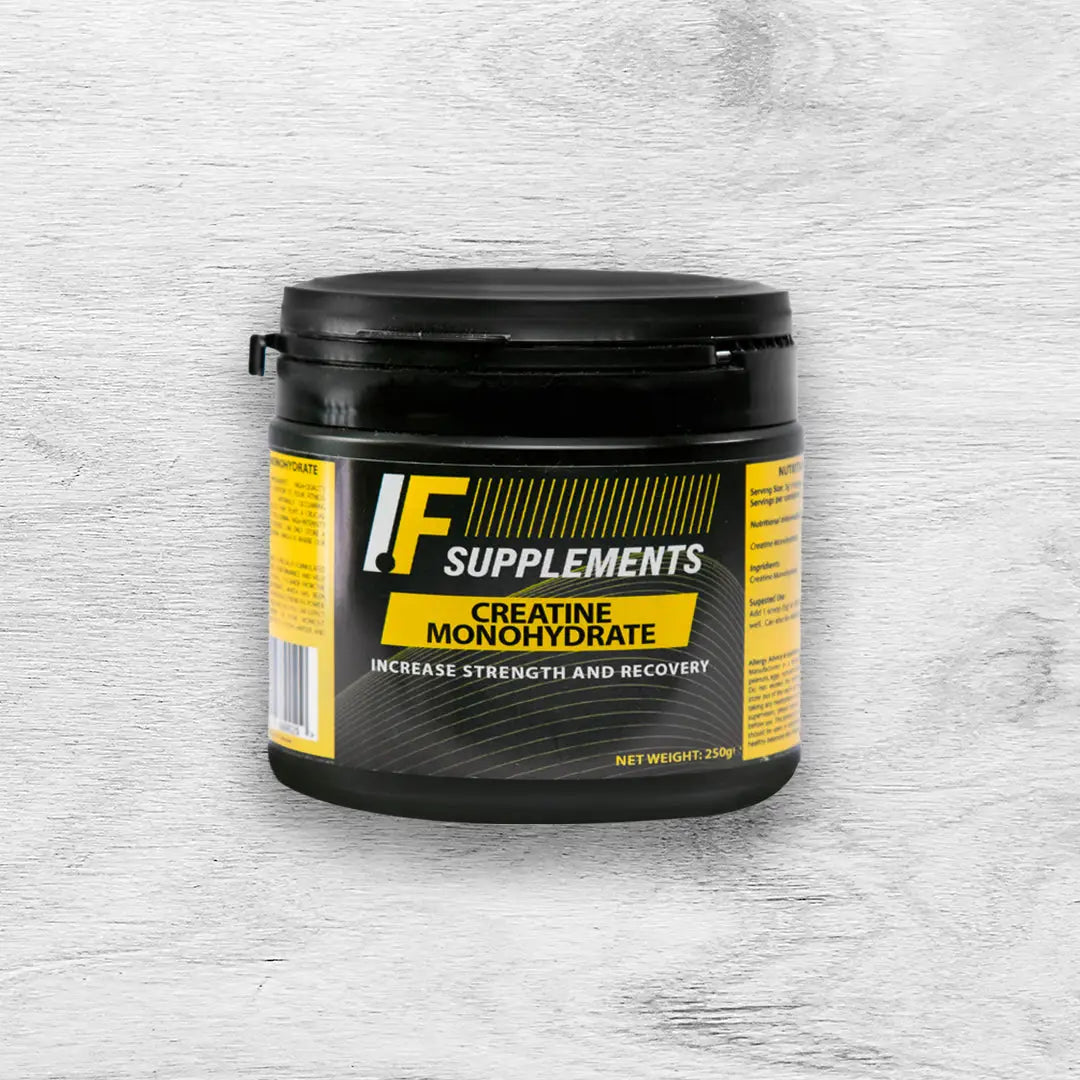
Does Creatine Really Cause Hair Loss in Men?
Share

In the fitness and bodybuilding world, creatine is well-established as an effective supplement for enhancing physical performance, increasing strength, and supporting muscle growth. Despite these well-researched benefits, a rumor persists that creatine contributes to hair loss, particularly regarding loss in men. This article addresses this misconception and clarifies the relationship between creatine supplements and hair health.
Understanding Creatine
Creatine is produced naturally in the body and stored primarily in muscle cells, where it plays an essential role in energy production during intense activities such as weightlifting and sprinting. By increasing the availability of immediate energy to muscles, creatine supplements are valued by athletes aiming to improve workout performance and promote muscle gains. This combination of benefits and accessibility makes creatine one of the most popular and widely studied supplements worldwide.
The Myth: Creatine and Hair Loss
The belief that creatine causes hair loss in men originated from a small-scale study, which noted a rise in Dihydrotestosterone (DHT) levels among participants who supplemented with creatine. DHT is a derivative of testosterone often linked to male pattern baldness, as elevated levels can accelerate hair follicle miniaturization in genetically predisposed people.
The Truth: No Direct Link
While the cited study did observe a temporary increase in DHT, there is currently no concrete evidence showing that this leads directly to hair loss in men. The process of hair loss is influenced by several factors, most notably genetics, as well as age, underlying medical conditions, medications, and aspects of general health and nutrition. The initial research on creatine, DHT, and hair loss was limited by sample size and has not been thoroughly replicated or supported by larger studies. Current scientific understanding emphasizes that an increase in DHT alone does not guarantee accelerated hair thinning or balding in men who use creatine.
It’s also important to recognize that many individuals successfully use creatine for years without reporting hair problems, and there is no consistent pattern linking creatine intake to significant changes in hair health. For those concerned about hair loss in men, considering hereditary risk and lifestyle factors is more relevant than focusing solely on dietary supplements like creatine.
Scientific Consensus
The consensus among researchers and health professionals is that creatine is a safe and effective supplement when used as directed. There’s a lack of substantial, high-quality evidence connecting creatine supplementation directly to hair thinning or hair loss in men. Most studies uphold the safety profile of creatine, including its lack of negative impact on hormone levels related to hair health.
Conclusion
Remaining informed about supplement myths and facts is essential, especially with concerns such as hair loss. Based on current evidence, the alleged association between creatine supplementation and hair loss in men lacks strong scientific support. Men can feel confident using creatine to enhance fitness results without fearing significant effects on their hair. If you have personalized questions regarding hair health or hair loss in men, consulting a healthcare professional will always provide the best guidance.
Read more at: https://www.trainerize.me/articles/does-creatine-really-cause-hair-loss-in-men/